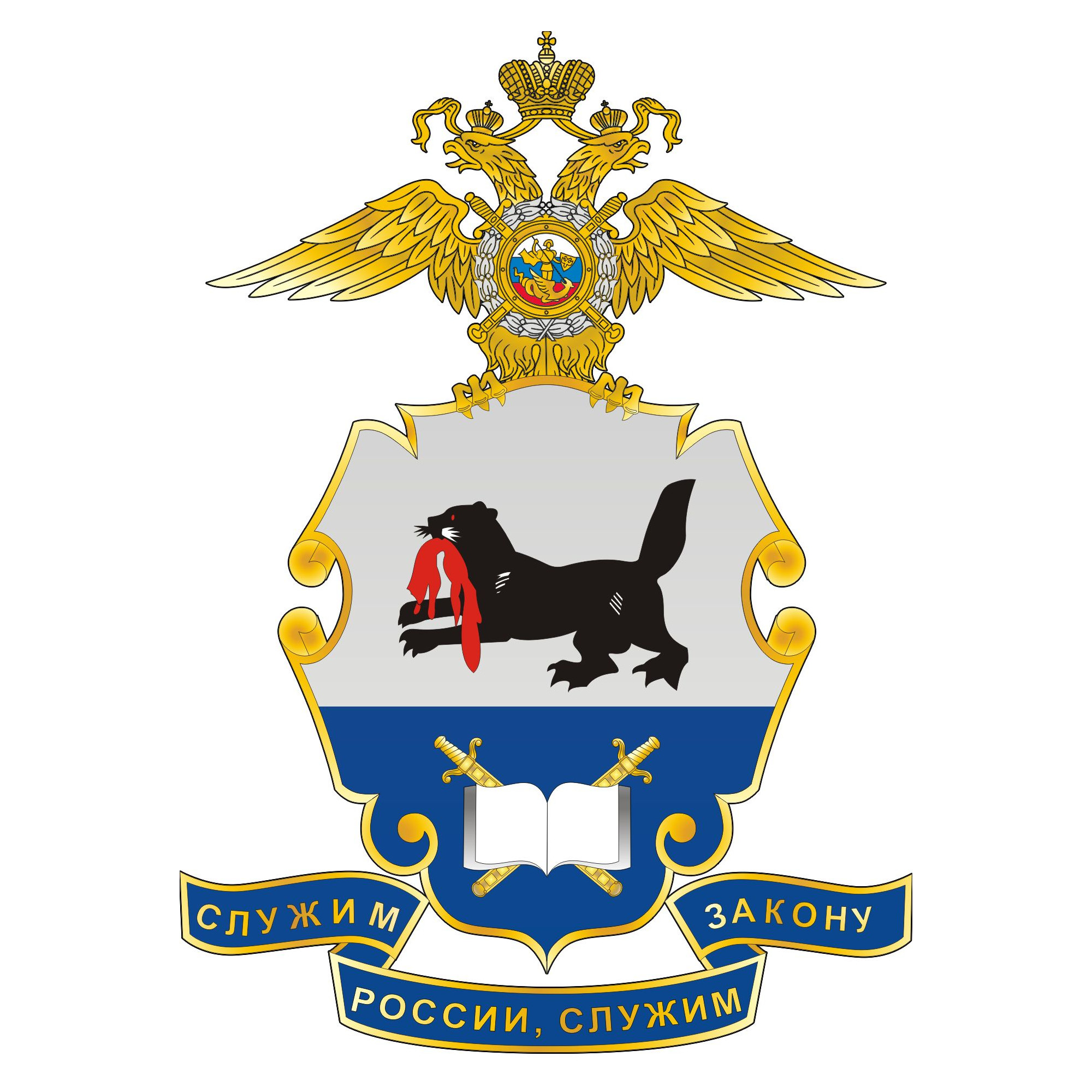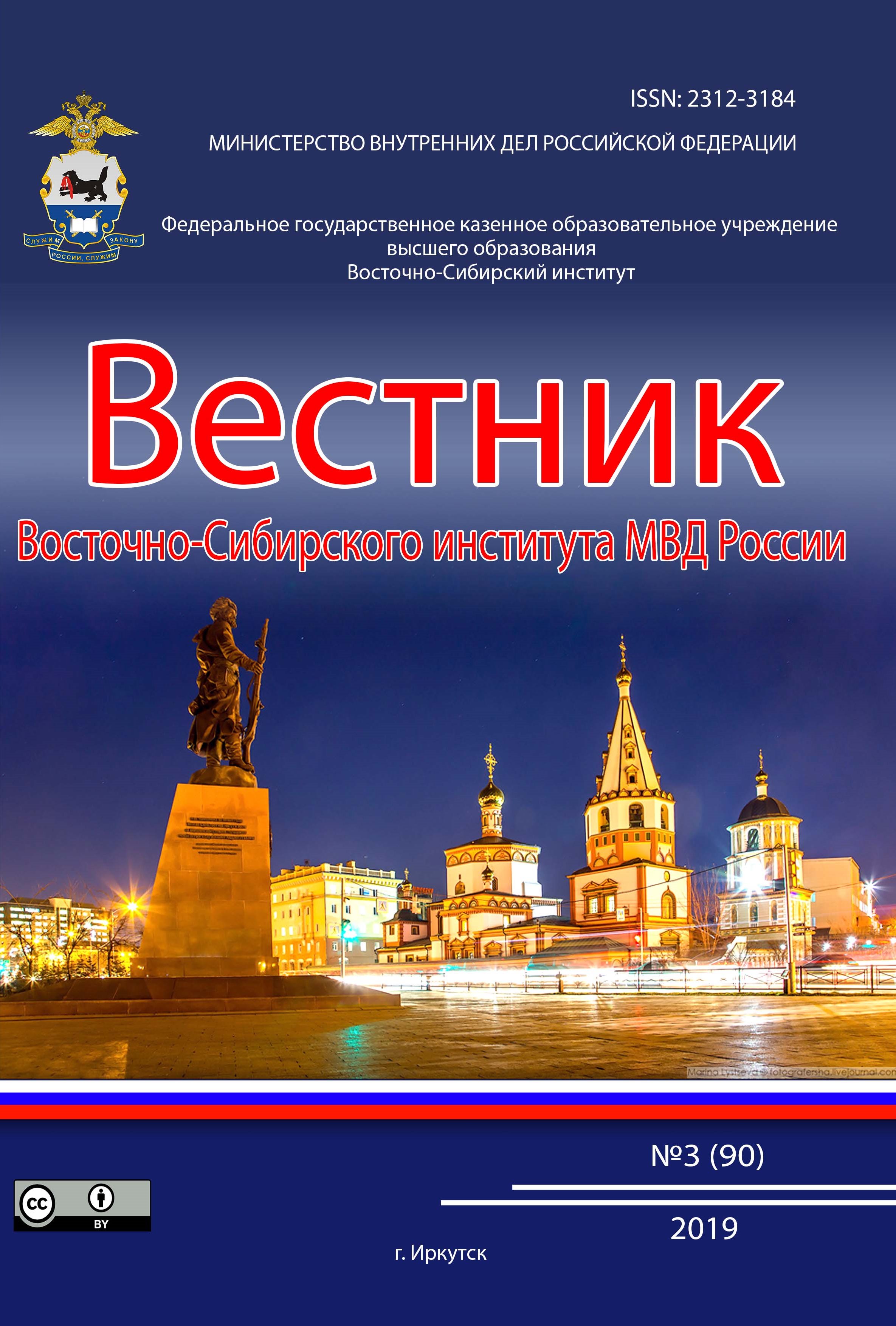from 01.01.2023 until now
Introduction: The article devoted to the experience of normative consolidation of the foundations of the Soviet state system in the Constitution of the RSFSR of 1918 analyzes the problems of the development and adoption of this normative legal act. The author highlights the problem of a new normative trend in the relationship between the Church and the Soviet state, which was supposed to be secular and anticlerical. In addition, the work touches upon the issues of the legal status of the intelligentsia within the framework of its existence in a state with the dictatorship of the proletariat, with the features of new electoral ties that were subject to significant transformation, the implementation of the principle of gender equality. The author focuses on the ambivalence of the rights, freedoms and duties of a person and a citizen of Soviet Russia in its first Basic Law. The article demonstrates the fact that the Constitution of the RSFSR of 1918 It reflected the transitional stage of the development of Soviet statehood, which was characterized by the breakdown of bourgeois relations and the formation of the socialist system. Methods and Materials: the work uses the method of historical materialism, as well as methodological tools of comparative legal research, analysis, synthesis, deduction and induction. The Results of the Study: At the present stage, studies devoted to the formation of socialist statehood are based on pluralism of opinions, which, however, reflects the current political views of the authors on the essence of the Soviet state. This is reflected, in particular, on the versatility of the problems and the presence of various approaches to determining the legal status of an individual in the RSFSR in the conditions of transition from capitalism to socialism. Findings and Conclusions: The Soviet historical and legal doctrine stood on the positions of the direct effect of the Constitution of the RSFSR of 1918. At the same time, the Basic Law of the young Soviet state acted as a regulatory basis for the current regulatory framework of the country in transition. The principles of this Basic Law of the state of the dictatorship of the proletariat until the adoption of the Constitution of the RSFSR in 1925 mediated the social relations of the country, in its most difficult period.
The Constitution of the RSFSR of 1918, the Soviet state, the electoral system, human rights and freedoms, duties of a citizen, the RCP(b), the Russian Orthodox Church, socialist statehood, the October Revolution of 1917, the dictatorship of the proletariat.
1. Glebov, N.P. Our Basic Law: explanation of the Constitution of the Russian Socialist Federative Soviet Republic / N. Glebov; Ros. Socialist. Federal. The Council. Rep. M.: Publishing House of All Russia. Centre. Will execute. Com. Soviets of R. S. Kr. and K. Deputies, 1918. 40 p.
2. Grishaev, V.V. Construction of Soviets in the village in the first year of the socialist revolution / V.V. Grishaev. M.: Mysl, 1967. 88 p.
3. Groshev, S. N. Emergency justice in the years of the NEP / S. N. Groshev // The Soviet State and Law in the Period of the New Economic Policy: Proceedings of the International Scientific and Theoretical Conference, St. Petersburg, March 30, 2021. Saint Petersburg: Saint Petersburg University of the Ministry of Internal Affairs of the Russian Federation, 2022. pp. 198-201.
4. Gurvich, G.S. Fundamentals of the Soviet Constitution. Issue 1 / G. S. Gurvich; RCP(b). Smolensk: Smolensk. gubernia Committee of the RCP(b), 1921. 27 p .
5. Gurvich, G.S. The History of the Soviet Constitution / Prof. G. S. Gurvich; Socialist Academy, Section of Soviet Construction. - Moscow: edition of the Socialist Academy, 1923. 216 p.
6. Zlokazov, G.I. Petrograd Soviet of Workers' and Soldiers' Deputies during the peaceful development of the revolution (February - June 1917) / G.I. Zlokazov. M., Politizdat, 1984. 280 p.
7. Lenin, V. I. Complete works / V.I. Lenin. Vol. 39. M.: Publishing House of Political Literature, 1970. 624 p.
8. Lenin, V. I. The Complete works / V.I. Lenin T. 32. Moscow: State Publishing House of Political Literature, 1974. 606 p
9. Marx, K. Essays. Vol. 4. / K. Marx, F. Engels. Moscow: State Publishing House of Political Literature, 1955. 615 p.
10. Modorov, N.S. The Russian Orthodox Church and the Soviet State in 1917-1940. (based on the materials of Altai) / N.S. Modorov, R.V. Mezentsev, D.I. Shkuratova // MNKO. 2013. No. 6 (43). pp. 435-437.
11. Krupskaya, N.K. Constitution of the Russian Socialist Federative Soviet Republic / N.K. Krupskaya. - M.: Publishing House of the Central Executive Committee, 1918. 16 p.
12. Pushkarev, B. S. Two Russias of the twentieth century: 1917-1993 / B.S. Pushkarev. M.: Sowing, 2008. 592 p.
13. Reisner, M. A. Fundamentals of the Soviet Constitution / M.A. Reisner. M.: Gosizdat, 1920. 239 p.
14. Reed, D. Ten days that shook the world / D. Reed. M.: Time, 2019. 480 p.
15. Ronin, S.L. The First Soviet Constitution. (On the history of the development of the Constitution of the RSFSR in 1918) / S.L. Ronina. M.: Gosyurizdat, 1948. 124 p.
16. Stuchka, P.I. Selected works on the Marxist-Leninist theory of law / P. I. Stuchka. Riga: Latv. state Publishing House, 1964. 748 p.
17. Chistyakov, O.I. The Constitution of the RSFSR of 1918. Textbook / O.I. Chistyakov. M.: Publishing House of Moscow State University, 1984. 206 p.
18. Chugaev, D. The first Constitution of the Soviet State, 1918 / D. Chugaev. Moscow: Gosyurizdat, 1949. 176 p.
19. Engel, E.A. Fundamentals of the Soviet Constitution: lecture notes / E. A. Engel. M.: State Publishing House (Gosizdat), 1923. 248 p.











